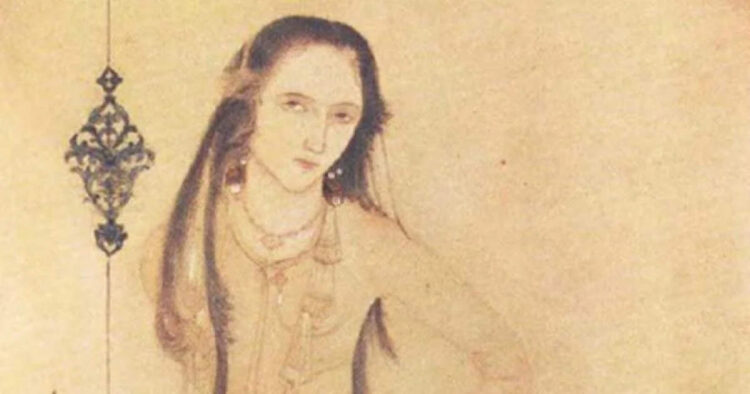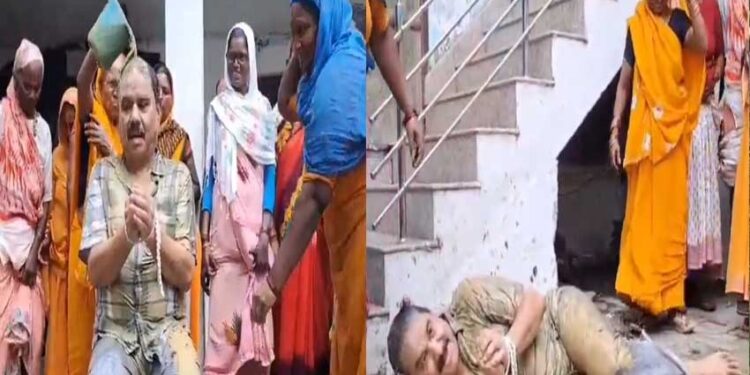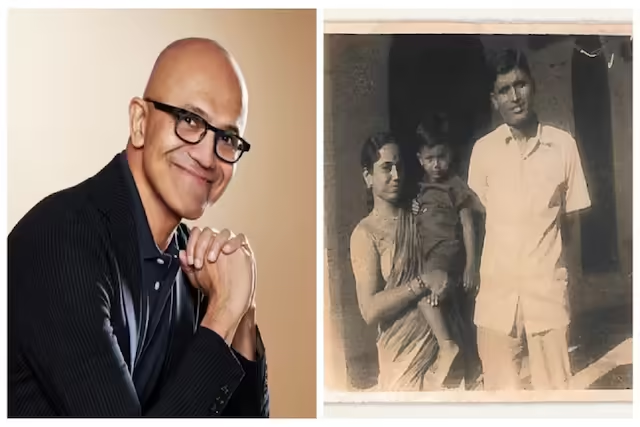History News Desk !! Zebunnisa (English: Zeb-Un-NISA, born- 5 February, 1639, Daulatabad; death- 1702, Salimgarh) was her eldest daughter of Mughal Emperor Aurangzeb. She was very talented and endowed with qualities. Zebunnisa’s marriage was decided by Suleman Shikoh, the son of her uncle Dara Shikoh, but this marriage could not happen due to the death of Suleman. Zebunnisa was closed in the fort of Salimgarh in 1691 AD due to secret correspondence with rebel Shahzada Akbar and died in 1702 AD.
Birth and education
Zebunnisa, the eldest child of Emperor Aurangzeb, was born on 5 February, 1639 AD from the womb of Begum Dilras Bano (Rabia Durrani), daughter of Shahnawaz Khan of Persia at Daulatabad, South India. Zebunnisa was very talented and promising since childhood. She received her education from a teacher named Hafeeja Maryam and in a short time she memorized the whole ‘Quran’. She was skilled in the art of very beautiful and clean handwriting of various scripts.
brilliant
Zebunnisa started writing poetry with ‘Makfi’, ie ‘Gupta’ nickname in Arabic and then in Persian before her childhood. According to the wish of Shah Jahan, he was married to his uncle Dara Shikoh’s son and his cousin Suleman Shikoh, but this marriage could not take place due to the untimely death of Suleman Shikoh.
Pilgrimage
Zebunnisa was very much loved by her dara and she was a pioneer woman of Sufi tendency. Most of the annual allowance of Rs four lakh to Zebunnisa used to encourage scholars, help widows and orphans and send pilgrims for ‘Mecca Medina’ every year. He had prepared a very beautiful library and copied rare and valuable books from those who write beautiful letters.
Translation work
Zebunnisa, according to the proposal, kept many scholars who prepared literary works on good salary and translated the Arabic treatise Tafasira Kabir (Maht Tika) into Persian with the help of his graceful Mulla Saifuddin Ardbeli.
Poetess
The story of Jebunnisa alias Makhfi, the best poet of the seventeenth century, has been one of the most tragic stories of the medieval period. Zebunnisa inherited her poetic personality among her father’s conflicting personality. At the age of 14, he started calling a lion, ghazal and rubies in Persian with the nickname Makhfi. In Aurangzeb’s court, Zebunnisa used to attend the confidential fourteen of the opinion with the restrictions on Mushayars. Those people included the famous poet Aqeel Khan Razi, Nammatullah Khan, Gani Kashmiri etc. of that era. During the Mushayars, the poet Aqeel Khan became a subject of discussion with Razi, and Aurangzeb, a discipline, imprisoned him in the fort of Salimgarh, Delhi.
Jebunnisa remained unmarried for a lifetime. The last twenty years of his life passed in the loneliness of the imprisonment and died in the imprisonment. In the difficult days of the imprisonment, the manuscript of his poetry compilation ‘Diwan-e-Khobi’ was prepared, which compiles more than 5000 ghazals, lions and rubies. The manuscripts of this Diwan are still safe in the National Libraries of Paris and London. It was first published from Delhi in 1929 and Tehran in 2001. The first Zebunnisa of Mirza Ghalib was the only shayra, whose translation of ghazals and rubies was translated into many languages including Urdu, English and French. The English translation of one of his rubies is as follows-
When the looks fell on me for the first time
I was suddenly absent
She was not your eyes, probably was a dagger
Which is in my body
And came out with blood spots
You are wrong, friend
It is not a couple of to ben
Do not promise me next birth
All the pain of the present
Get active in me for all restless
Don’t wander me in the paths of the calends
Not there, God will be found here somewhere
Waterfall with a face
In the beauty of an intoxicating moment
At the same time, there will be a pakizi somewhere there
Where you will hand over your uncountable wishes
To your zebunnisa
Who has been waiting for you for centuries!
Detention and death
Zebunnisa’s personal allowance was discontinued after the secret letter-behavior was detected with Shahzada Akbar, who revolted against his father Aurangzeb, the zamindari was confiscated and he was placed under house arrest in the Salimgarh Fort in Delhi in January 1691. Zebunnisa died in 1702. He was buried in ‘Tis Hazara Bagh’ outside the Kabuli Gate.






